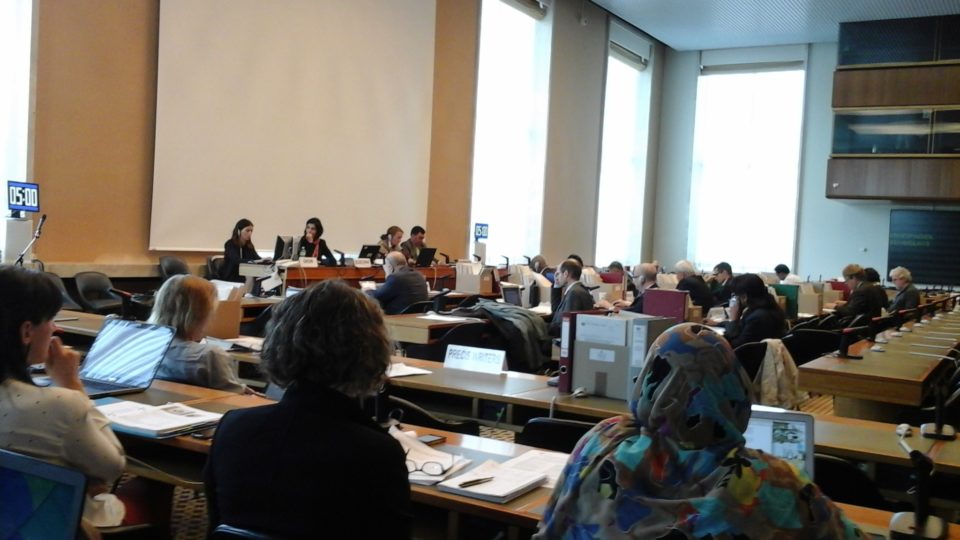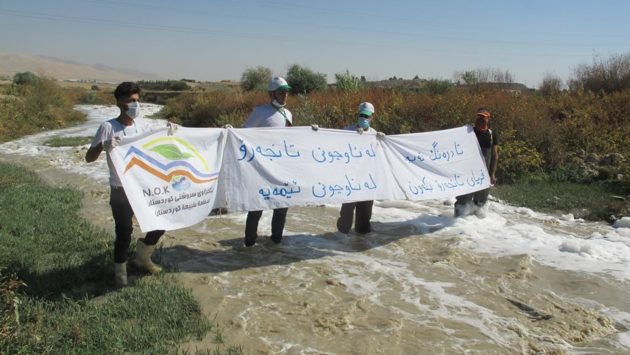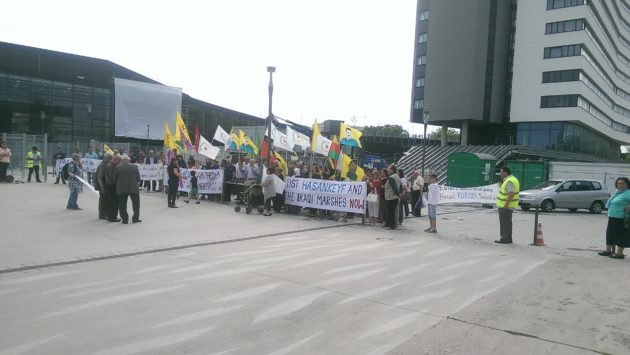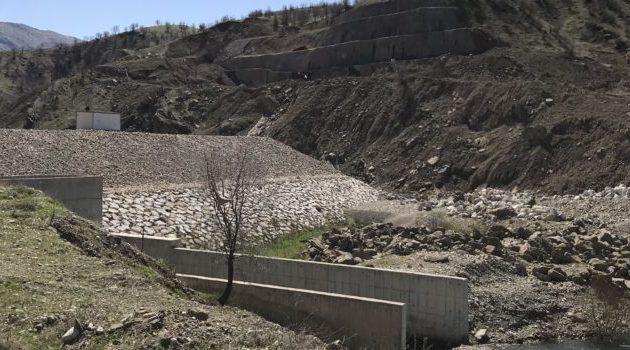Results of the review session of Iraq on the Covenant on Social, Economic and Cultural Rights
The Save the Tigris and Iraqi Marshes Campaign presented a shadow report covering the water situation in Iraq as part of the reviewing process of Iraq’s compliance with the International Covenant on Economic and Social Rights. The report was titled: “The Ilisu dam and its impact on human rights in Iraq: and the Iraq government’s failure to act”. We evaluate our participation in Geneva as very positive, to the point that the review committee was asking about the Ilisu dam to the Iraqi delegation because they understood the urgency of the water issue and the Ilisu dam impacts on Iraq.
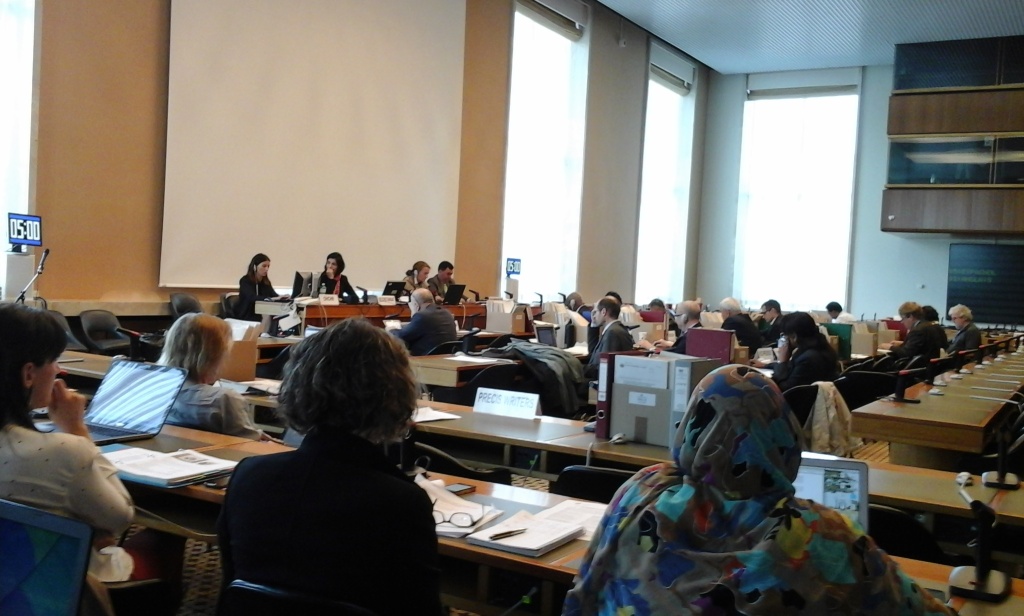
Members of the Committee reviewing Iraq:
A representative of the Save the Tigris participated in the open session for NGOs on September 28th. The session was an opportunity to present important points of the report and responded to some questions. The members of the committee were struggling to understand not only water issues but also the reality in Iraq in general. They don’t have much experience on Iraq and the report of the government was very vague. In this session we introduced civil society’s role in general since the committee asked specifically to elaborate on this. The informal lunch hosted before the session was the real opportunity to talk about the Ilisu dam and water issues. Members of the Committee were very interested and we asked them to pose specific questions to the delegation of the Iraqi government. They linked between our shadow report and the review of Turkey where they also posed questions on the Ilisu dam.
Iraq’s official delegation
During the September 29th session, the Iraqi official delegation talked a lot about positive changes in Iraq! Seven persons represented Iraq’s delegation from the Ministry of Foreign Affairs (MoFA), not the same persons who drafted the report. The others were from the Human Rights Ministry that was abolished by EBADI’s reforms. The head of the delegation was Dr. Hassan Al Janabi, Head of the Human Rights Directorate in the MoFA and was for years the permanent FAO representative for Iraq in Rome. After their presentation there were many questions on social, cultural and economical rights, many of which were critic and the delegation were unable to respond directly: these were related to protection of women , IDPs , workers rights, food , health and education …
Water issues and the Ilisu dam
The committee asked clear questions on water issues and the Ilisu dam, they quoted our report “really positive things and very important” one of the members started his question like this: although this dam is built in Turkey but we want to know what steps your government (Iraqi) is currently taking or going to take to protect Iraqis from this dam. The Iraqi delegation did not respond immediately but is allowed a few days to gather information. They might also talk to representatives in Baghdad to get answers to all other questions. This approach from the committee was very positive.
Here are two specific recommendations to the Iraqi Government from the UN Committee to the Iraqi Government that we think are really an achievement of our advocacy work in Geneva.
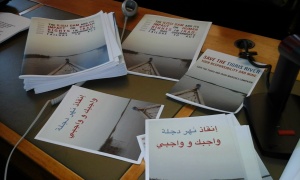
Water and sanitation
- The Committee is concerned about the water crisis in the State party that has a disproportionate effect on the living conditions of Marsh Arabs in the south, many of whom have become internally displaced after having lost their livestock. It is also concerned that as a result of the shortage of safe drinking water and sanitation facilities, there has been an increase in the incidence of preventable diseases such as diarrhea and cholera (art. 11).
- The Committee recommends that the State party in cooperation with neighbouring countries intensify efforts to conclude agreements concerning the fair and equitable use of the river courses within its territory. The Committee also recommends that the State party develop a human-rights based strategy on drought preparedness, taking into consideration the National Drought Management Policy Guidelines (2014), and take effective steps, other than compensation for farmers, to assist those most affected by drought. Furthermore, the Committee recommends that the State party take preventive measures to control and stop the spread of diarrhoea and cholera, including by vaccinations and information on basic sanitation procedure.

